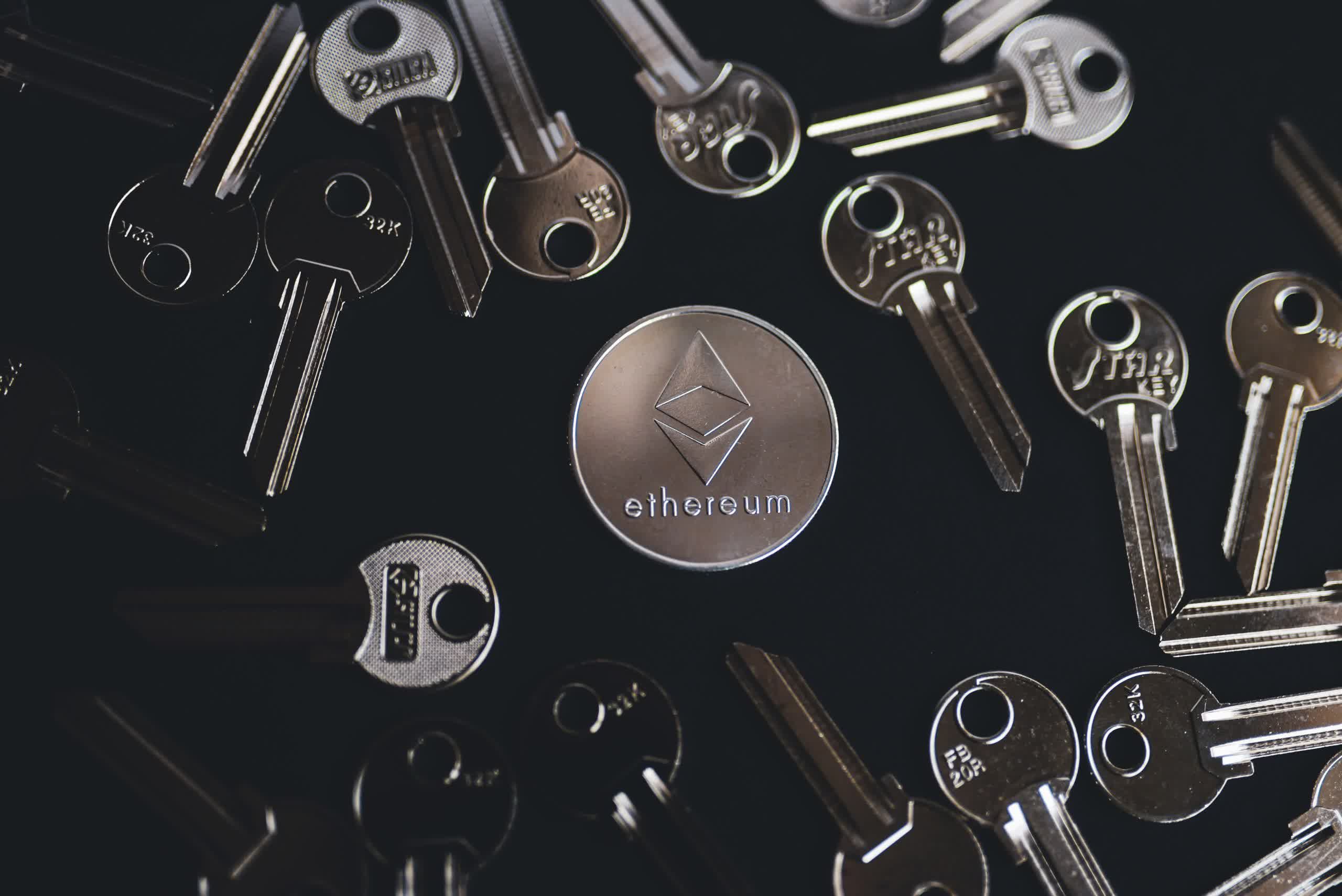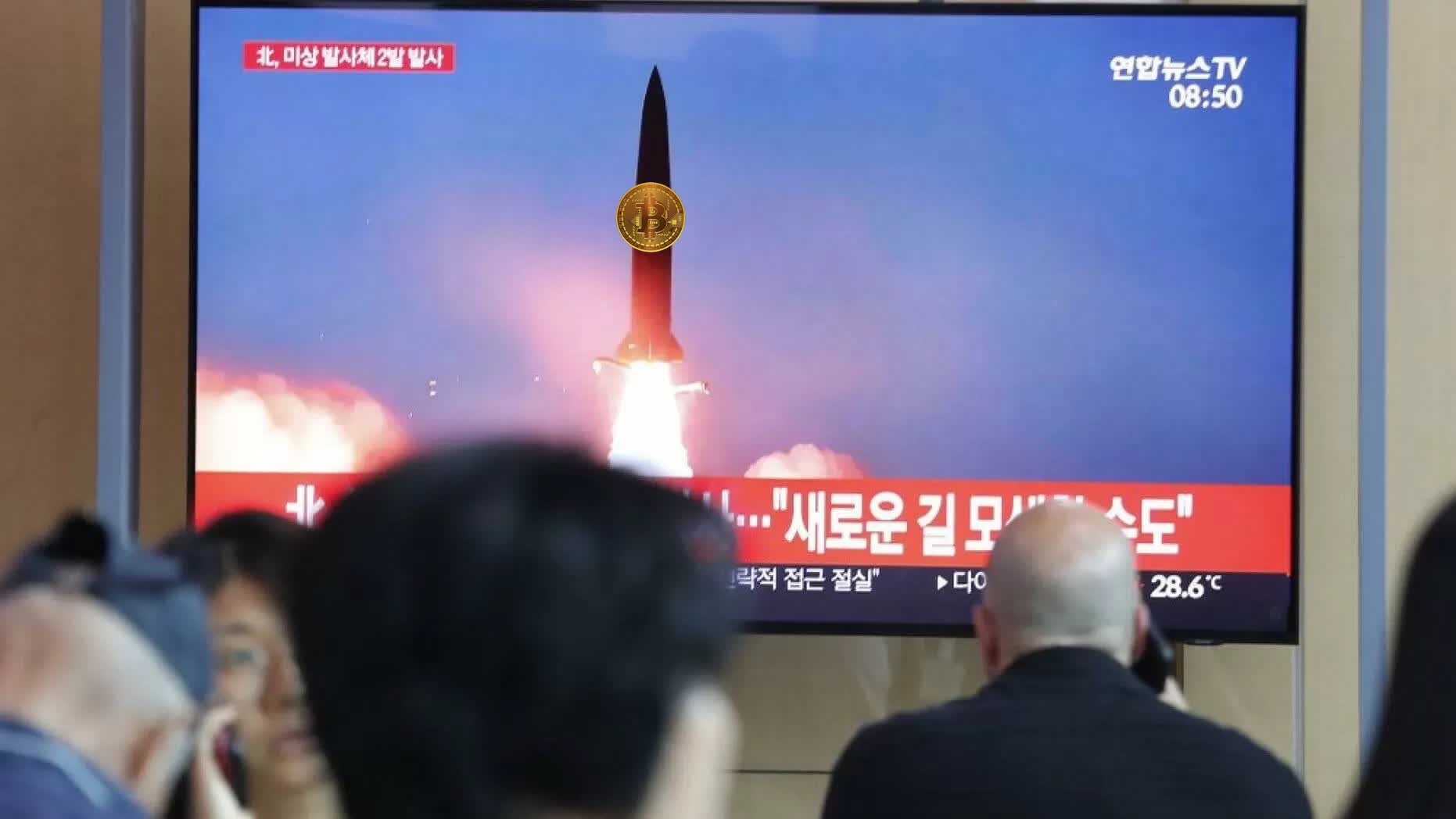Why it matters: The ongoing crypto winter has affected more than exchanges and hopeful investors that were optimistic about the evolution of digital assets. Elsewhere, the sharp drop in value for major cryptocurrencies has had an unexpected positive effect: it wiped out a large chunk of the stolen funds that North Korea has been using for its nuclear missile program.
Back in 2018, a Singapore-based US citizen and member of the Ethereum Foundation advised North Korea on how to use cryptocurrencies to work around US sanctions. Now he's looking at over five years in prison, while the country amassed millions worth of cryptocurrencies that have helped fund its nuclear weapons program.
However, a lesser-known consequence of the recent crash of the crypto market is that North Korea's holdings also took a nose dive. According to a recent UN report, the country relies heavily on stolen digital tokens for its weapons development and testing activities, so any significant fluctuations in price can put them on the back burner.

This week, blockchain analytics firm Chainalysis told Reuters that old North Korean crypto holdings it has been monitoring are now worth an estimated $65 million --- a sharp drop in value from $170 million in the span of just six months. The funds were obtained from at least 49 state-sponsored hacks performed between 2017 and 2021, and they likely represent only a small amount of the total that has yet to be laundered.
Earlier this year, the US Treasury along with Chainalysis and Elliptic confirmed suspicions that North Korea's Lazarus Group was behind one of the largest cryptocurrency heists to date. No less than $615 million worth of ETH and USDC tokens were stolen from the Ronin network that acts as infrastructure for a popular game called Axie Infinity. However, those funds have since lost almost two-thirds of their value.
To put things in perspective, the International Campaign to Abolish Nuclear Weapons estimates that North Korea spends around $640 million per year on developing and maintaining its nuclear arsenal. Converting stolen cryptocurrencies to cash is not exactly easy, and brokers who are willing to make a deal offer well below market value.
Couple that with the current crypto crash and it's easy to see why North Korea is already looking for alternative ways to fund its missile program, such as smuggling coal to China. When pressed for comment, country representatives at its London embassy dismissed the report as "totally fake news."
